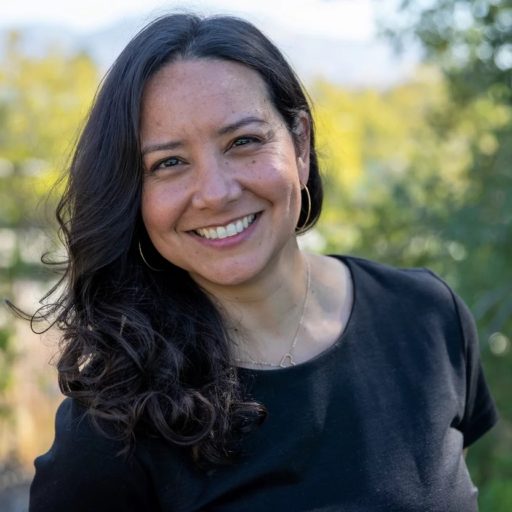Depending on how and where you listen, NPR’s coverage of Tuesday’s State of the Union speech may sound a little different than before. All Things Considered host Ari Shapiro will anchor the network’s traditional coverage alongside journalists including Mara Liasson, Scott Detrow, Michele Kelemen, and Scott Horsley. And for the first time, a bilingual Spanish-English broadcast will also be available: Morning Edition and Up First host A Martínez will take the reins alongside journalists including Franco Ordoñez, Claudia Grisales, Eyder Peralta, and Sergio Martínez-Beltrán.
The experiment, Ordoñez says, is possible for two reasons: First, the “budding number” of Latino journalists at NPR (“We’ve kind of assembled this Latino newsroom,” he says), and second, the enthusiasm of Morning Edition‘s executive producer, Erika Aguilar. It’s important to note that the alternate coverage will not be solely in Spanish. “In Texas, we mix our words like crazy,” says Aguilar, a native of the Lone Star state. “To me the Spanish is there to say yo [te] veo”—I see you—a way for NPR to say “they get it, they understand the worlds I straddle.”


Aguilar, left, and Ordoñez. Photograph of Aguilar by Payam Pakmanesh/KQED; photograph of Ordoñez by Wanyu Zhang/NPR. Both photos courtesy NPR.
“We’re not playing out of position to do this,” Ordoñez says. “All of us, we’re going to be on our beats.” He’s a White House correspondent for NPR; Grisales covers Congress; Peralta is the network’s Mexico City correspondent; Martínez-Beltrán is a political reporter for member station KUT in Austin; and Martínez has brought a jolt of unique energy to Morning Edition and Up First since he joined the network in 2021. “I can give him content, and he can just roll with it,” Aguilar says.
The team will offer more than simply coverage in a second language. Biden plans to speak about democracy versus autocracy, Ordoñez offers by way of example, and Latinos, he says, are familiar with the differences between those systems “I would argue, better than a lot of Americans. They have family now who are going through this. This is a big issue around the world and particularly in Latin America.”
Another example: While Biden is likely to talk up the US’s surprising growth in employment last month, unemployment has actually risen for Latinos, who tend to be overrepresented in industries that are impacted by high interest rates like construction, manufacturing, and warehousing. “I think we’re going to be able to provide analysis in a way that not everyone can do,” Ordoñez says.
NPR offers some Spanish-language and Spanish-adjacent programming like Radio Ambulante and Alt.Latino, but there’s not much of a playbook for covering a big news event in English and Spanish. Aguilar says she’s been assembling a Google Doc for terms that might not translate cleanly. How should they refer to the House of Representatives? The White House? The word bipartisan? (What about “Chinese spy balloon”? Washingtonian asked. The answer, a minute later: “globo espía chino,” per Ordoñez.)
NPR will offer a feed of the bilingual coverage that member stations can air if they choose, and it can also run on online platforms like Facebook Live and Twitter Spaces. Depending on what NPR learns from this experiment, it’s possible that there could be more bilingual coverage in the works, perhaps at an event like the Latin Grammys, Aguilar says. “You definitely need a White House correspondent for the Latin Grammys,” Ordoñez says.



















